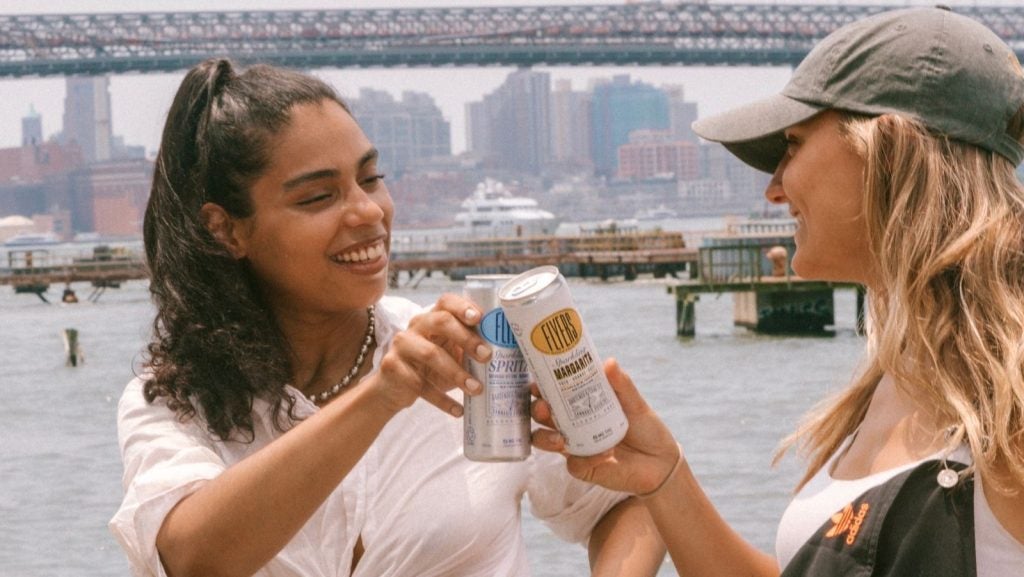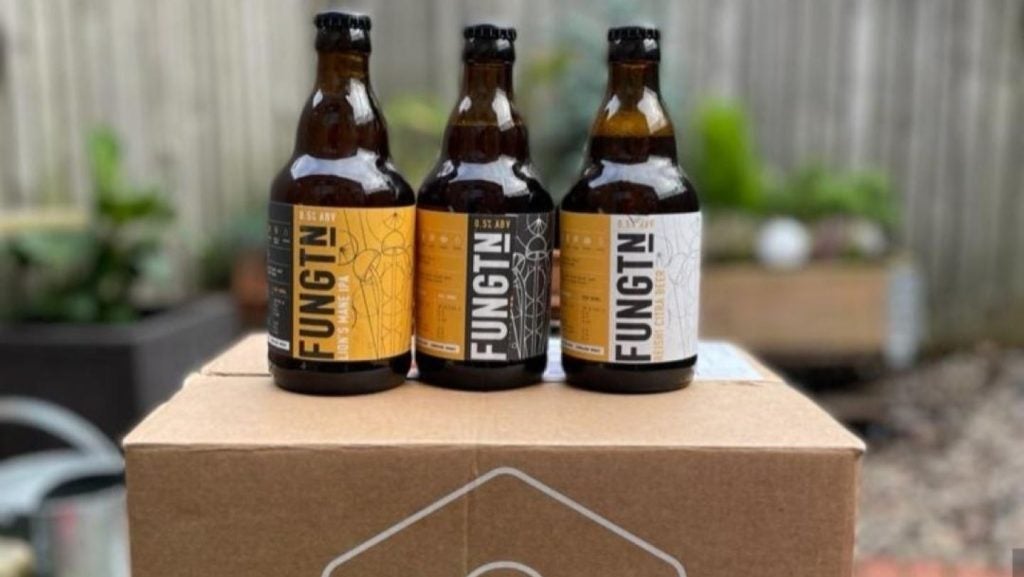 As the highlight of the international cricketing calendar draws ever closer, PepsiCo prepares for one of its most significant sponsorships of the year, in a market dominated by Coca-Cola. Amongst rumours of a comeback to the South African market, Arnold Kirkby sorts the fact from fiction about Pepsi’s plans for the event.
As the highlight of the international cricketing calendar draws ever closer, PepsiCo prepares for one of its most significant sponsorships of the year, in a market dominated by Coca-Cola. Amongst rumours of a comeback to the South African market, Arnold Kirkby sorts the fact from fiction about Pepsi’s plans for the event.
With less than three weeks to go to the ICC Cricket World Cup, there is mounting speculation in the local press about the involvement of one of the competition’s leading sponsors PepsiCo, in particular whether the CWC Cup would signal a return by the international giant to a country where they were knocked for six by rivals Coca Cola in the mid-1990s.
For its part PepsiCo has denied the rumours. “The speculation has been that Pepsi would use the Pepsi World Cup for a triumphant return to South Africa, people have been reluctant to believe it, but it’s not the case,” a spokesman told just-drinks.com.
However, this is not to say that the sponsorship does not play a significant role in Pepsi’s 2003 marketing activities, locally in Africa and worldwide.
Pepsi’s official line is that it “currently has a presence in South Africa through Namibia Brewery Limited and is preparing to support 2003 Cricket World Cup activities through its current distribution arrangements with NBL.
How well do you really know your competitors?
Access the most comprehensive Company Profiles on the market, powered by GlobalData. Save hours of research. Gain competitive edge.

Thank you!
Your download email will arrive shortly
Not ready to buy yet? Download a free sample
We are confident about the unique quality of our Company Profiles. However, we want you to make the most beneficial decision for your business, so we offer a free sample that you can download by submitting the below form
By GlobalData“Cricket is a fascinating sport and Pepsi is thrilled to be a part of the ICC’s premier event as a sponsor. There’ll be plenty of cross-promoting opportunities between Pepsi and the ICC in the stadiums and beyond. We’re excited to make a meaningful connection between Pepsi and cricket fans in South Africa and from all over the world,” the statement said.
In its global battle with arch rival Coca-Cola, PepsiCo rarely gives out strategic information on advertising and sponsorship, and it is not about to start now – particularly when the sponsorship is in a country where its presence is so dwarfed by Coke.
So, PepsiCo’s actual involvement in this event, with an expected television viewership of 1.2 billion, had to be pieced together from various unofficial sources.
According to various sources it is believed to have cost between US$15m and US$25m, but the most consistent price bandied about is US$21m, for its first tier sponsorship berth alongside South Korean appliance manufacturer LG Electronics.
PepsiCo has for the past three years had a “temporary distribution agreement” with Namibia Brewery Limited, to distribute Pepsi Cola in cans in South Africa. It is apparently a miniscule amount, which would not worry Coca-Cola, though it obviously tracks its distribution – mainly in Gauteng.
NBL also distributes Pepsi in cans mainly into Southern Angola, while it sells various PepsiCo brands in glass and cans in its home country, under an agreement which dates back 35 years.
For the World Cup Namibia Breweries was contracted to bottle and distribute 500ml PET bottles of Pepsi Cola to the 12 stadiums around the country.
Because NBL did not have a PET line, the actual bottling of the product was outsourced to Quality Beverages, a privately owned Cape Town-based bottling company.
Quality Beverages’ Gauteng bottling plant, situated at Spartan near the Johannesburg International Airport, is handling that aspect of the operation. This plant was started a year ago and the company itself has been operating for the past 10 years.
Pepsi, Mirinda, Aquafina, Tropicana and Gatorade will be on offer but the proposed volumes for this 44-day spectacular are secret.
PepsiCo has appointed its own marketing operators to co-ordinate the in-stadium activation and advertising campaign, the latter being done in conjunction with the ICC.
Coca Cola’s various bottling company affiliates around South Africa have independent contracts with the cricket stadiums in the different provinces. Each accepted the overriding international agreement, which stated they had to clear all their soda fountains, fridges and signage from the grounds by 15 January.
Coke would not be able to retaliate for the ambush tactics employed by Pepsi during the 1996 CWC on the Asian sub-continent, when Coke was the official sponsor. Back then, leading players were contracted by Pepsi to wear its brand and a Pepsi airship flew alongside stadiums during matches.
The South African government last year also passed legislation under the Merchandise Marks Amendment Act, prohibiting companies from ambushing international sports and entertainment events held in the country.
Pepsi has been involved with the CWC since 1999, but has been involved on the Asian sub-continent since 1985 when it started sponsorships in Pakistan and expanded into India in 1992/3.
Marketing for this year’s competition will take place in countries where cricket is a popular sport, including India, Sri Lanka, Pakistan and Bangladesh.
South Africa has not been a happy hunting ground for PepsiCo. It took the moral high ground in 1984, withdrawing from South Africa during the Apartheid era. Its rival Coke sold out its interests in the country to local bottling companies. It then set up its syrup production plant in Swaziland and supplied the local companies from there. It was ready to step back into the fray when sanctions were lifted.
In 1994 Pepsi re-entered the local market with a great deal of fanfare, expecting to be hailed as the moral heroes. From the outset it faced managerial problems with local partners New Age Beverages (NAB) and a rampant Coca-Cola distribution and marketing network.
There were problems sourcing sufficient bottles and NAB had to resort to importing bottles from Mexico.
By 1997, with only 5% of the market and about US$100m in the red, it extracted itself, having lost the game in fine fashion and at this stage a return match seems unlikely.





